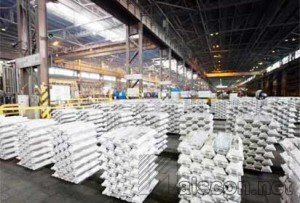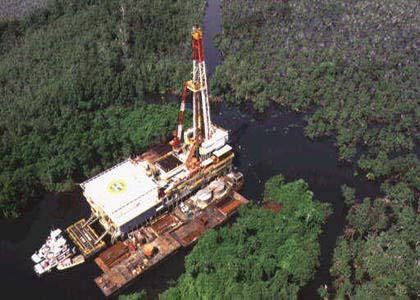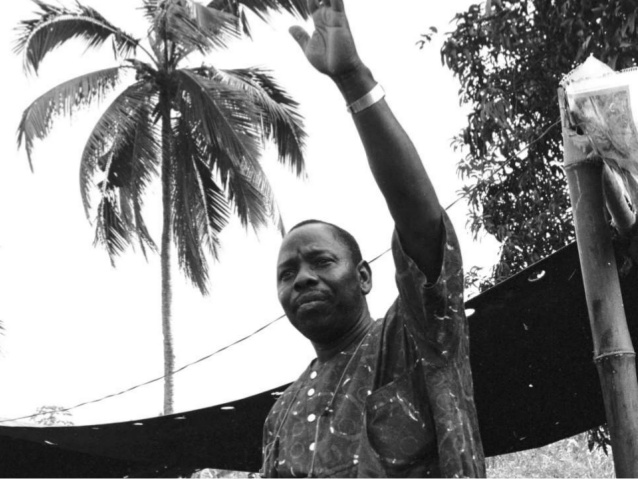Oscarline Onwuemenyi 20 February 2015, Sweetcrude, Lagos – The World Bank has announced plans to work closely with Nigerian officials to curb gas flare from oil fields in the Niger Delta region.

It noted that the partnership is also aimed at encouraging significant investments in gas-to-power initiatives to further help the country realise its power sector reform process.
Under the 10-year deal, Chevron Nigeria will supply the gas-fired Egbin power plant near Lagos to generate electricity in a bid to increase supply in the populous nation where around three quarters of the country’s power comes from gas.
According to the bank, it has set aside more than $1 billion in risk financing to back the use of flared gas from oil fields across Africa to generate power.
It noted that, “About two thirds of people do not have electricity in sub-Saharan Africa and the continent is hopeful that new gas finds along the east coast can boost power projects.
“Power shortages are a big impediment to economic growth, and many businesses provide their own power using costly diesel generators.”
The Senior Director of Energy at the bank, Anita George, said about 700 billion kilowatt hours of power – equivalent to 80,000 megawatts running for the whole year – could be produced from all the gas flared routinely around the world.
Nigeria is Africa’s top oil producer and worst flarer of gas found when extracting oil. The country received its first partial risk guarantee of $145 million in 2013, from the bank to support the country’s gas-to-power industry.
The bank’s guarantees cover private lenders against the risk of a power utility failing to honour its financial obligations.
Another two Nigerian projects will bring the total risk financing to $400 million.



